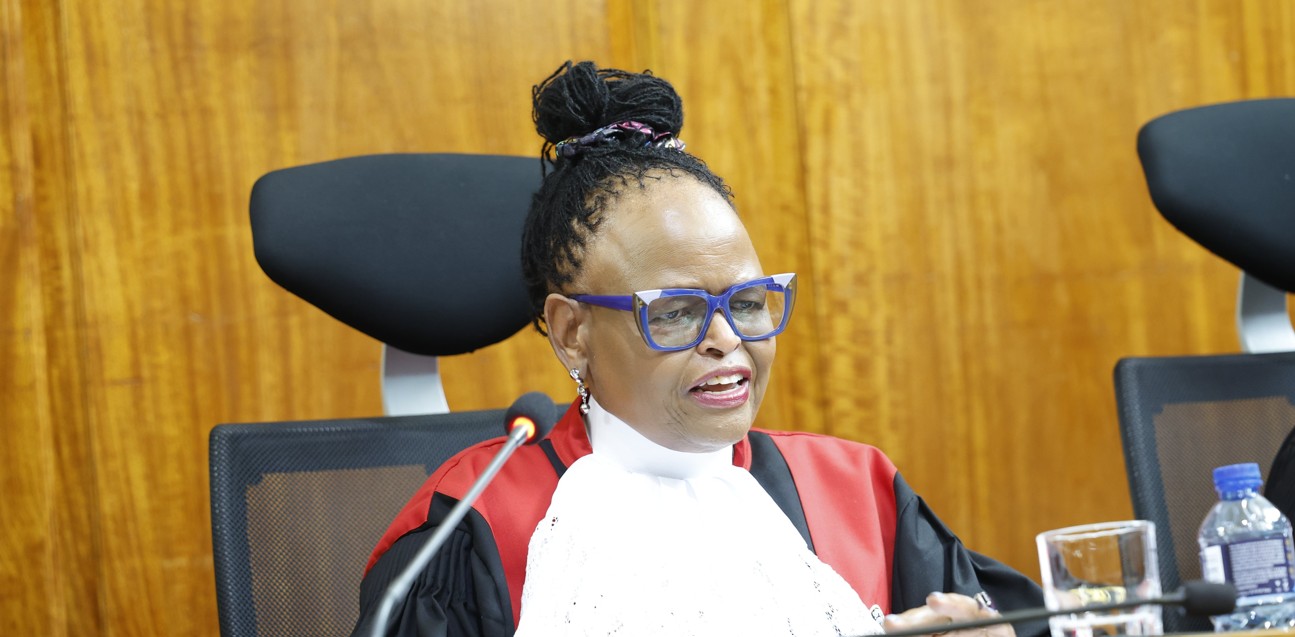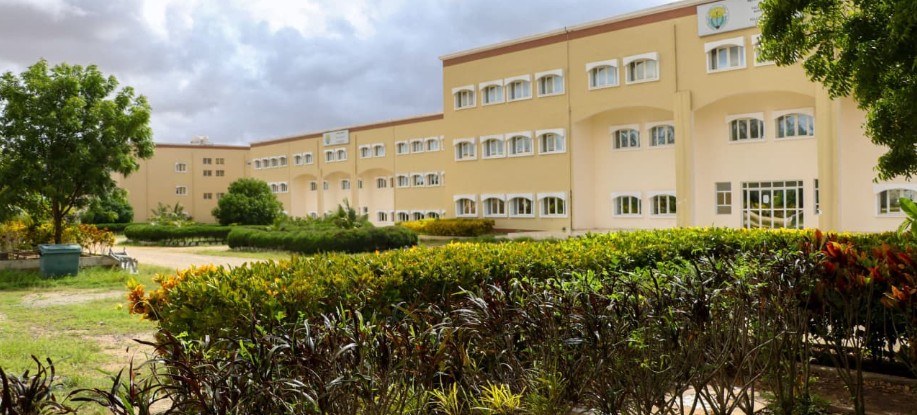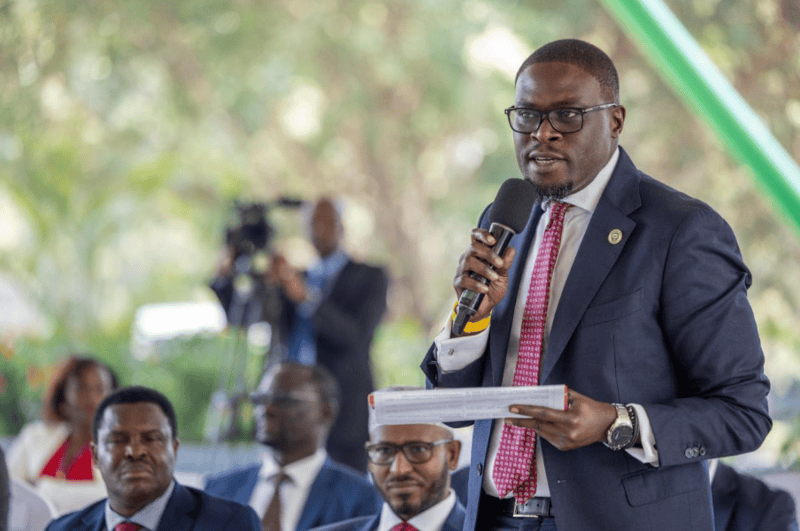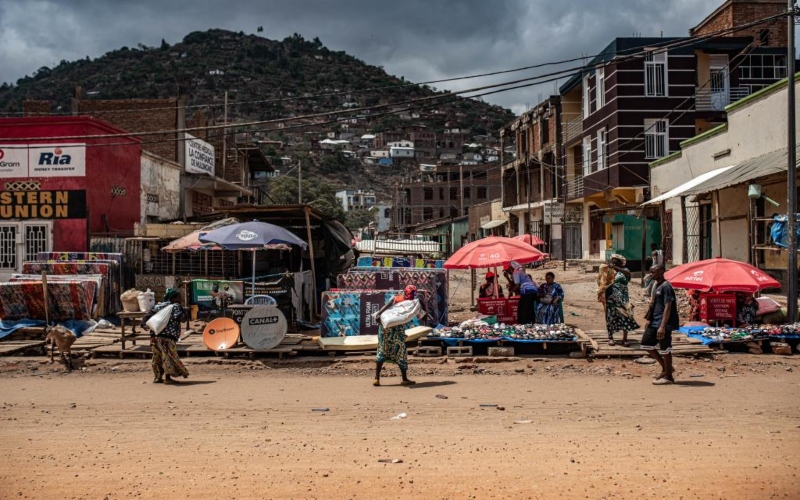Saudi Arabia's Grand Mufti, Sheikh Abdulaziz bin Abdullah al-Sheikh, dies
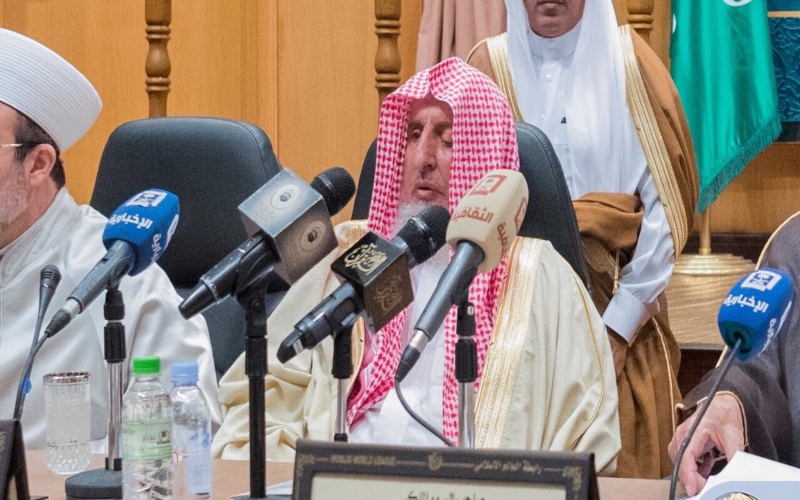
The Royal Court confirmed his death in a statement, noting that funeral prayers were held at Riyadh's Imam Turki bin Abdullah Mosque after Asr prayers.
Saudi Arabia's Grand Mufti Sheikh Abdulaziz bin Abdullah al-Sheikh, the kingdom's top religious authority for more than two decades, passed away on Tuesday.
While his exact cause of death remains unclear, multiple reports indicate that he was in his 80s at the time of his passing.
The Royal Court confirmed his death in a statement, noting that funeral prayers were held at Riyadh's Imam Turki bin Abdullah Mosque after Asr prayers.
More To Read
- Gulf region paves the way to become digital data hub
- Embassy begins emergency travel certificate registration for stranded Kenyans in Saudi Arabia
- Senators summon Mudavadi over harassment, detention and deaths of Kenyans abroad
- Kenyan single mothers in Saudi Arabia urged to register children, collect birth certificates
- Diaspora remittances from Saudi Arabia fall to four-year low after new work permit rules
- Kenya opens Jeddah consulate, deepening Saudi ties
Prayers in absentia were also performed at the Grand Mosque in Mecca, the Prophet's Mosque in Medina, and in mosques across Saudi Arabia.
"With his passing, the Kingdom and the Islamic world have lost a distinguished scholar who made significant contributions to the service of Islam and Muslims," the Royal Court said in a statement carried by the Saudi Press Agency.
The Custodian of the Two Holy Mosques and His Royal Highness Prince Mohammed bin Salman bin Abdulaziz Al Saud, Crown Prince and Prime Minister, similarly offered their condolences to the Grand Mufti's family.
Born in Riyadh and blind from a young age, Sheikh Abdulaziz was appointed grand mufti in 1999 during the reign of King Fahd.
He also chaired the Council of Senior Scholars, the General Presidency of Scholarly Research and Ifta, and the Supreme Council of the Muslim World League, giving him enormous influence over Islamic scholarship in the kingdom.
Sheikh Abdulaziz, blind from a young age, was appointed grand mufti in 1999 by King Fahd. He presided over a period of major change in Saudi society, from strict religious policing to the recent social reforms under Crown Prince Mohammed.
Early in his tenure, he reflected the kingdom's conservatism, warning against mobile phone cameras, opposing gender mixing and declaring women driving "dangerous." He also drew criticism for remarks on Christianity and Shiite Islam.
At the same time, he condemned militant violence, denouncing Al-Qaeda and later describing the Islamic State group as "enemy No. 1 of Islam".
In his later years, he adjusted to reforms, backing women driving and supporting health restrictions during the COVID-19 pandemic.
Top Stories Today

